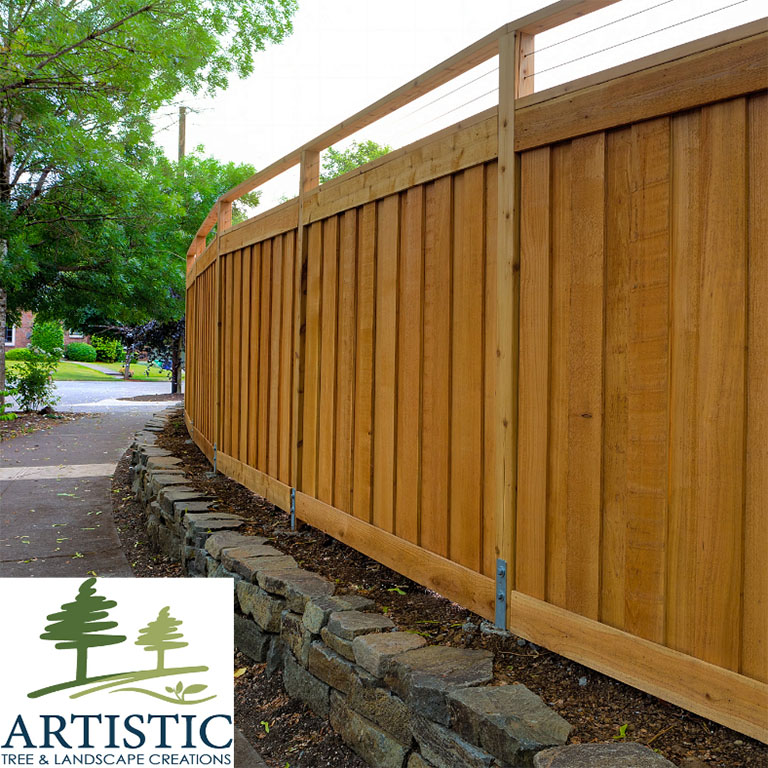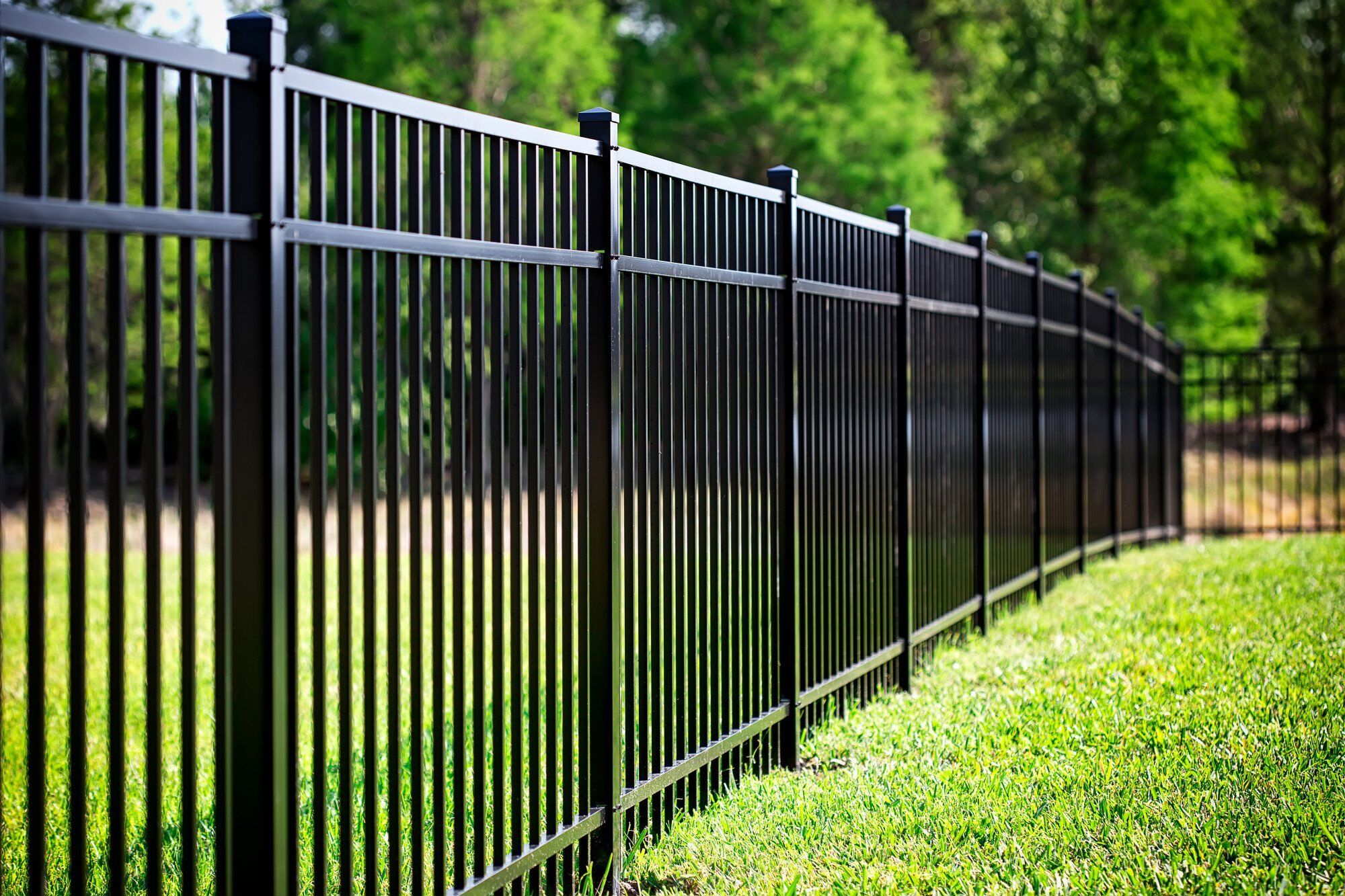All Categories
Featured

Selecting the appropriate secure fencing product is essential for achieving the equilibrium of sturdiness, visual appeals, and capability that suits your residential property. Wood, plastic, and aluminum are popular choices, each with one-of-a-kind features that provide to specific requirements. Here's an in-depth appearance at the benefits and downsides of these 3 products.
Timber Secure Fencing. Pros:. Timeless Allure: Timber uses an all-natural, classic look that complements different architectural designs. Customizable: It can be painted or tarnished in a variety of styles and shades. Affordable: Wood fencings are often less costly in advance than plastic or light weight aluminum. Eco-Friendly: As a renewable energy, wood is sustainable and naturally degradable when sourced responsibly. Disadvantages:. Maintenance-Intensive: Requires normal staining, painting, or securing to shield against weather and pests. Shorter Life-span: Depending upon the type of timber and climate, it commonly lasts 10-15 years. Vulnerability to Damages: Prone to deteriorating, bending, and termite damage without correct care. Wood is suitable for homeowners that value looks and agree to invest time and effort in maintenance to extend its life.
Vinyl Secure Fencing. Pros:. Sturdy: Resistant to bugs, rot, and weather, vinyl keeps its framework in rough conditions. Low Maintenance: Needs little upkeep past periodic cleaning. Long Life-span: Plastic can last 20-30 years without considerable wear or damages. Flexible Styles: Offered in different colors, structures, and styles, consisting of options that imitate timber. Cons:. Expensive Installment: Plastic fences are a lot more pricey to mount contrasted to timber. Weak in Winter: Plastic can break in extreme cold environments. Challenging to Repair service: If harmed, entire areas may need substitute, which can be testing to match. Vinyl secure fencing is a great selection for those focusing on durability and very little upkeep, also if it features a greater in advance price.

Light Weight Aluminum Fencing. Pros:. Rust-Resistant: Light weight aluminum does not rust, making it ideal for damp or humid locations. Solid but lightweight: Offers stamina without being extremely hefty, which simplifies installation. Low Maintenance: Needs bit even more than cleansing and occasional repainting. Longevity: Light weight aluminum fencings can last for decades without substantial deterioration. Classy Designs: Commonly used for ornamental purposes, aluminum adds sophistication to any kind of residential property. Cons:. High Initial Price: Aluminum fences are amongst the more costly choices. Restricted Personal privacy: Typically developed with open spaces, they don't obstruct sights or noise. Prone to Damages: While strong, light weight aluminum can be dented or curved with heavy impact. Aluminum is best matched for those that want a resilient, trendy fence and do not require complete personal privacy.
Making the Right Choice. Each material has its weak points and strengths:

Timber is excellent for eco-conscious buyers and standard looks that don't mind maintenance. Vinyl benefits homeowners looking for a weather-resistant, low-maintenance option. Light weight aluminum is a resilient, ornamental alternative for those who desire sophistication and long life. Consider your priorities-- whether it's price, look, upkeep, or privacy-- and seek advice from a fence professional to pick the product that best meets your demands. A well-selected fencing will certainly boost your residential or commercial property for many years ahead.
Latest Posts
The Roadway to Financial Flexibility Starts Here
Published Apr 21, 25
1 min read
About Us: Learn More What Makes Montclare Auto Repair and Our Commitment to Quality
Published Apr 21, 25
2 min read
Customizable Food Packages for Your Perfect Event
Published Apr 21, 25
1 min read